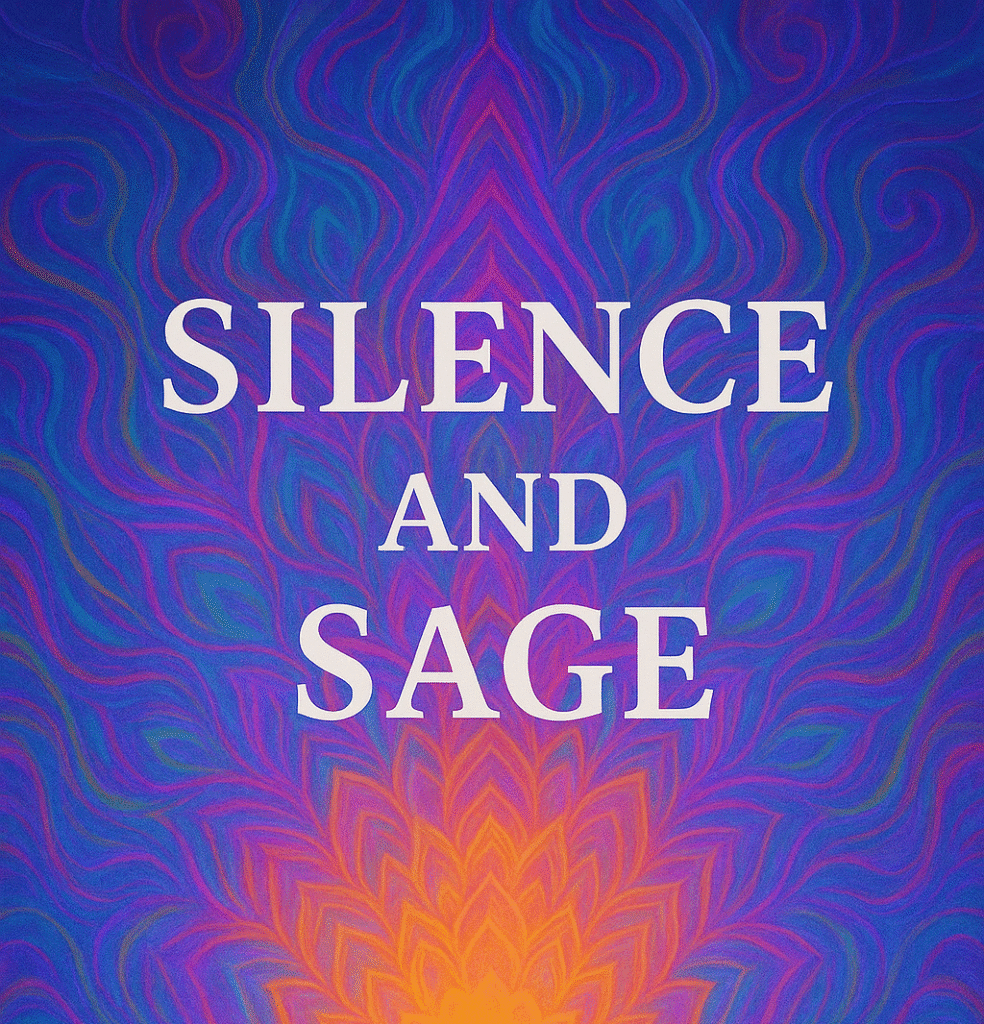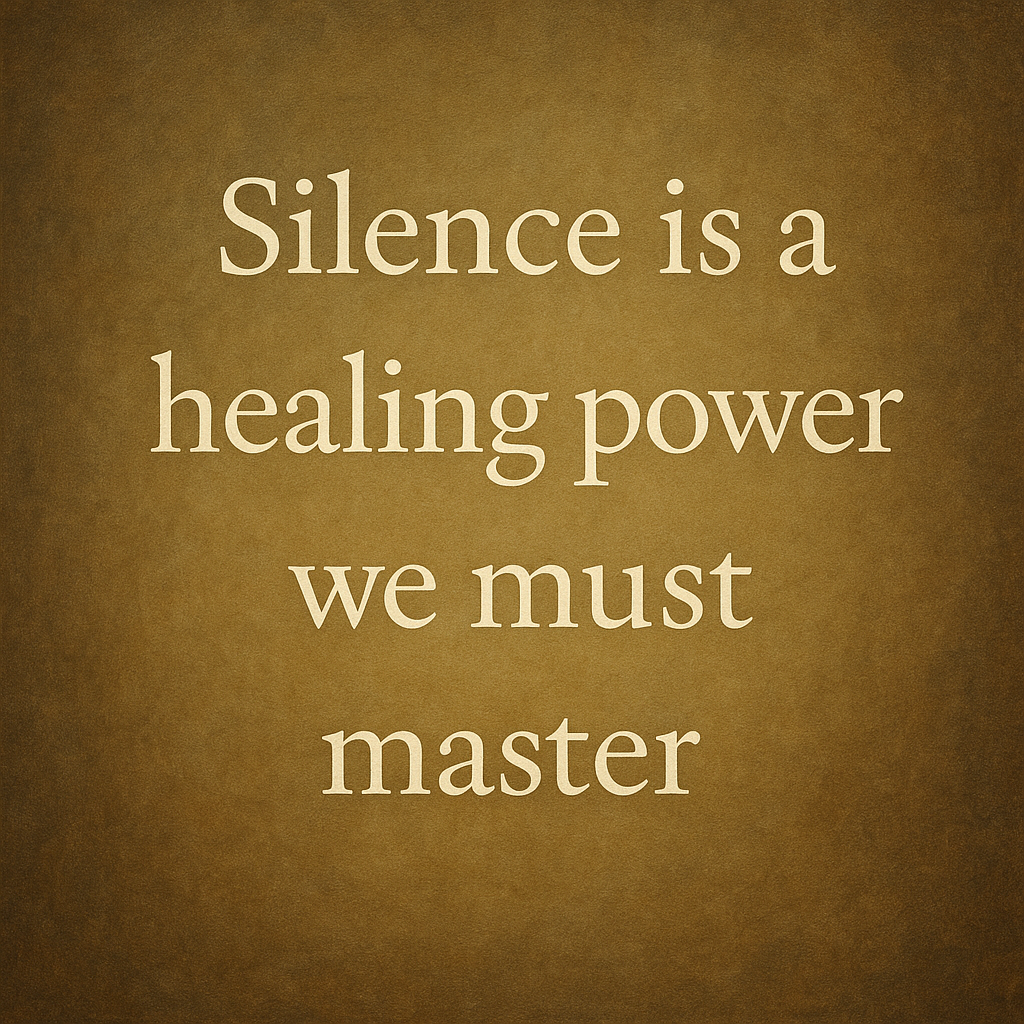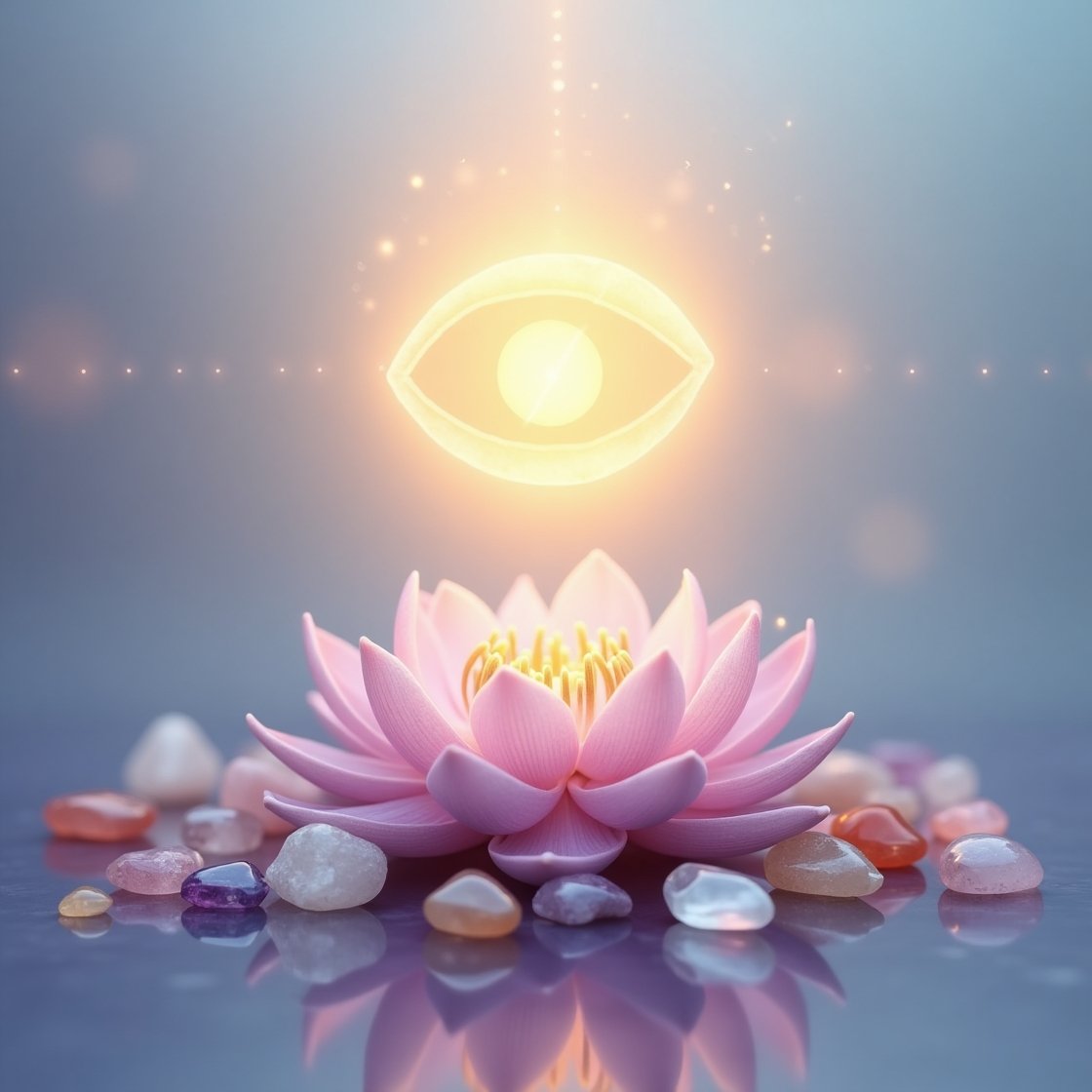🌌 Introduction: Silence Isn’t Empty
We live in an age overflowing with noise—notifications, conversations, media, thoughts that run endlessly inside our minds. And yet, beneath it all, silence waits for us. But this silence is not emptiness, not a dead space without meaning. Sit alone in a quiet room, and you’ll realize: silence is never truly silent.
💓 You hear your heartbeat.
🌬️ You feel your breath, steady and alive.
🔔 You may notice a soft ringing in your ears, or even the subtle hum of life itself.
Mystics across time have said this is not the absence of sound but the presence of a deeper one. Silence is alive. Silence is unscarable.
—
🕊️ The Mystic’s Silence
For the mystic, silence is not about muting the world but about listening more deeply. Silence becomes a threshold where the eternal meets the temporary, where the self dissolves into something greater.
The Sufi poet Rumi once said,
> “Silence is the language of God, all else is poor translation.”
🌙 In Sufism, silence (samt) is a way of emptying the self so the heart becomes polished, able to reflect divine truth.
⛪ In Christian monastic traditions, silence is not loneliness—it is presence. Monks and nuns retreat into silence because they believe the still voice of God can only be heard when the noise of the world fades.
🪷 In Zen Buddhism, silence is direct experience itself. Zen masters speak of “no-mind”, where silence is not simply the absence of talking but the presence of awareness.
Across traditions, mystics agree: silence is whole. It cannot be scarred by history or broken by noise. It remains eternal, waiting for us to listen.

🌿 The Sage’s Silence
Where the mystic seeks union, the sage seeks wisdom. For the sage, silence is not only holy but also practical: a space where truth is revealed.
📖 In the Bhagavad Gita, the sage is described as one who is “content in silence, steady in wisdom, unmoved by praise or blame.” Silence for the sage is not a retreat from life but the strength to live it fully without being carried away.
Consider the image of a mountain. ⛰️
It may face storms, winds, rains, yet it remains unshaken at its core. Silence is the mountain within us.
The sage knows words can deceive, but silence never lies. It is unscarable, untouched by the turbulence of the world.
—
📜 Philosophy of Stillness
Throughout history, philosophers have revered silence as essential to knowledge.
🐉 Lao Tzu, the Taoist master, wrote: “Silence is a source of great strength.”
🎶 Pythagoras, the Greek philosopher, required his disciples to keep silence for years before they could speak. He believed wisdom must be rooted in stillness before it can be expressed.
🧠 Even modern science now affirms what sages always knew: silence heals. Studies show that silence lowers stress, regenerates brain cells, and deepens creativity.
Philosophy reminds us that silence is not passive—it is active wisdom, a force that shapes clarity.
—
🎶 The Sound Within Silence
Here lies a paradox: silence is not silent.
Close your eyes. Listen deeply.
👂 You hear your breath, rising and falling.
💓 You feel your heart, steady in its rhythm.
🌌 You sense the subtle pulse of life itself.
In yogic philosophy, this inner resonance is called Nada, the eternal sound. The universe itself is said to vibrate with Om, the cosmic hum. In deep meditation, seekers report hearing this vibration not outside, but within.
What we call silence, then, is actually fullness—life, consciousness, and being itself humming through us.
Silence is not the absence of something. It is the presence of everything.
🌍 Silence Across Traditions
✨ Hinduism
Silence (mauna) is considered a discipline, a vow. It is said that the sage who observes silence gains mastery over speech and thought, entering deeper union with the Self.
✨ Buddhism
The Buddha himself often remained silent when asked metaphysical questions. His silence was not ignorance, but wisdom: he knew words would limit truth. Silence became his highest teaching.
✨ Indigenous Traditions
Many Native American tribes hold silence as sacred. Elders teach that silence is respect, patience, and listening—to the land, to the ancestors, to the spirits.
✨ Mystic Poets
Poets like Rumi, Kabir, and Meister Eckhart all described silence as a doorway: the place where words end, and truth begins.
Across the world, across centuries, silence has been revered as the unscarable teacher.
—
💖 The Healing Power of Silence
Beyond mysticism and philosophy, silence also heals on a deeply human level.
🧘 Psychological Healing: Silence calms the nervous system, reduces anxiety, and restores balance to the mind.
❤️ Physical Renewal: Studies show that two minutes of silence lowers blood pressure and slows the heart rate more effectively than relaxing music.
🌙 Spiritual Healing: In silence, we face ourselves honestly. Without distraction, the wounds we carry begin to surface, and in being seen, they begin to heal.
This is why silence is unscarable—it does not resist pain, it transforms it.
—
🌸 Practices to Enter the Unscarable Silence
Silence is not far away; it is always available. Here are simple ways to enter it:
1. ⏳ Daily Stillness – Sit quietly for 10–15 minutes. No music, no phone. Just your breath and your awareness.
2. 🌲 Nature Listening – Walk in nature without speaking. Let the silence of trees, rivers, and wind teach you.
3. 📵 Digital Fasting – Turn off your devices for a set time each day. Create intentional silence from screens.
4. 🌬️ Breath Awareness – Focus on the sound of your inhale and exhale. Discover the symphony within your silence.
5. 🕯️ Sacred Pause – Before responding to conversations or conflicts, take three breaths of silence. Notice how clarity arises.
These practices are not escapes from life—they are doorways into deeper presence.

🌟 Conclusion: Returning Home to Silence
When the world overwhelms us with noise, silence is the home we can always return to. Unlike memory, it does not carry scars. Unlike the body, it does not grow tired. Silence is eternal, unscarable, whole.
To sit in silence is to remember what you are beneath thought and time. It is to step into the presence of your own spirit, into the hum of the universe itself.
Mystics call it divine, sages call it wisdom, philosophers call it strength—but in every language, silence remains the same. It waits for you, not as emptiness, but as fullness.
And in that fullness, you are never alone. 🌌

